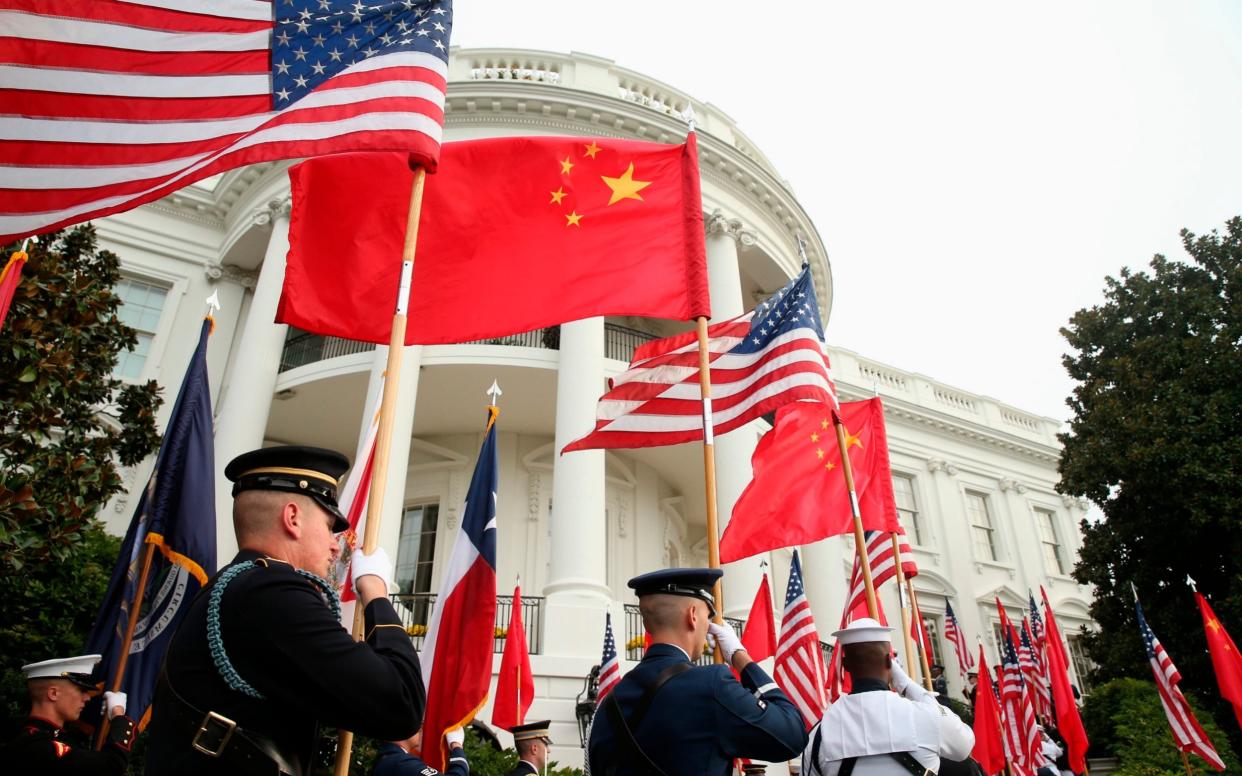Analysis: China won't cooperate with Biden until US backs down on South China Sea and human rights

- Oops!Something went wrong.Please try again later.
Winter is well under way in both Washington and Beijing, where subzero temperatures match bilateral relations that are far from thawing.
A week into the Biden presidency, the US and China have already indicated where each side expects to begin in terms of engagement. Perhaps unsurprisingly – after four years of less-than-fuzzy-feelings – neither nation agrees on exactly where to start.
Both countries have indicated interest in cooperating on matters of global significance, such as the coronavirus pandemic and climate change.
But the US has made clear that it won’t compromise on concerns, such as China’s human rights abuses, simply to entice Beijing to sit at the negotiating table.
China, on the other hand, has said it won’t entertain the idea of engagement until the US agrees to drop those issues. Beijing has long denounced the US for “meddling in internal affairs.”
Anthony Blinken, the new US secretary of state, for instance, has said the new administration agrees with a declaration made during Donald Trump’s last days as president, which determined that China had committed genocide by repressing Uighur Muslims in Xinjiang.
John Kerry, Biden’s new climate envoy, has also said the US won’t back down on its concerns over the theft of intellectual property or the South China Sea – a vast swath of international waters that Beijing claims as its territory.
“Those issues will never be traded for anything that has to do with climate,” said Mr Kerry, a former secretary of state. “It’s urgent that we find a way to compartmentalise to move forward.”
China, however, has pushed back, making clear it has no interest in separating these issues – essentially a non-starter – and that the US just needs to back off in certain areas.
“Climate change is a common challenge. No country can solve the problem alone,” said the foreign ministry on Thursday.
But “no party should expect reckless interference in China’s internal affairs to the detriment of Chinese interests, and also demand China’s support in bilateral and global affairs.”
Beijing also reiterated that there was no genocide in China, with a foreign ministry spokesperson repeating that three times in a row, calling it the “lie of the century.”
Chinese state media has also tried to paint China as the benevolent global partner, and the US as a poor state actor, accusing Washington of failing to overcome differences and keeping world interests at heart in order to work on major issues, like climate.
The US, of course, is unlikely to back down on China on any of these issues – a stance that Joe Biden made clear even while on the campaign trail. And that means that bilateral relations won’t warm up anytime soon.

